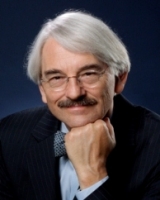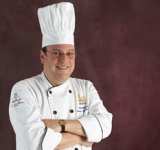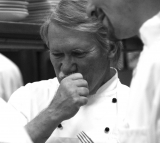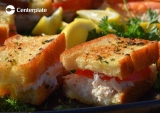
Mayo’s Clinic: Doing Something Different as Teachers
Give yourself permission to do what YOU want to do in your teaching. Doing so will ensure you don’t have ideas left in your teaching bucket list when you change careers or retire.

Give yourself permission to do what YOU want to do in your teaching. Doing so will ensure you don’t have ideas left in your teaching bucket list when you change careers or retire.

Chef Weiner is no food-allergy expert, nor need you be, he says. The fact is, students must know all the ingredients in all dishes everyone on the team prepares. When they become professional cooks, their wait staffs must also know. Otherwise, guests could be in severe danger.

As a new term begins, here are eight lessons you must teach each of your students if he and she are to become leaders in our industry.

When are ingredients considered “local” on a luxury yacht with impeccable foodservices? And do football fans really care where their hot dogs are made?
The Center for the Advancement of Foodservice Education (CAFÉ) was founded in 2002 to serve as a link between the foodservice industry and the culinary/baking/pastry classroom. Today CAFÉ offers a wide range of resources to foodservice educators on its website, its on-line magazine, and it annual conference and workshop schedule of professional development offerings around the U.S.

President, CAFÉ
Editor-in-Chief, The Gold Medal Classroom
Contact info: (410) 268-5542, This email address is being protected from spambots. You need JavaScript enabled to view it..
Administrative Assistant / Membership Director
Contact info: (410) 268-5542,
This email address is being protected from spambots. You need JavaScript enabled to view it.

Editor, The Gold Medal Classroom
Contact info: (410) 268-5542, This email address is being protected from spambots. You need JavaScript enabled to view it.
his lattice pie episode uses a cooked apple pie filling to help prevent the filling from warping or misshaping the lattice. Use it as a template.
Video provided by the Aubergine Chef. Click here to access the complete blog post.